
Deutsch-Chinesische Enzyklopädie, 德汉百科
 Important International Organizations
Important International Organizations

 African Union
African Union
 Alpha Condé
Alpha Condé
 African Union
African Union
 Bingu wa Mutharika
Bingu wa Mutharika
 African Union
African Union
 Denis Sassou Nguesso
Denis Sassou Nguesso
 African Union
African Union
 Hailemariam Desalegn
Hailemariam Desalegn
 African Union
African Union
 Idriss Déby
Idriss Déby
 African Union
African Union
 Jakaya Kikwete
Jakaya Kikwete
 African Union
African Union
 Joaquim Chissano
Joaquim Chissano
 African Union
African Union
 John Agyekum Kufuor
John Agyekum Kufuor
 African Union
African Union
 Mohamed Ould Abdel Aziz
Mohamed Ould Abdel Aziz
 African Union
African Union
 Muammar al-Gaddafi
Muammar al-Gaddafi
 African Union
African Union
 Olusegun Obasanjo
Olusegun Obasanjo
 African Union
African Union
 Robert Mugabe
Robert Mugabe
 African Union
African Union
 Teodoro Obiang Nguema Mbasogo
Teodoro Obiang Nguema Mbasogo
 African Union
African Union
 Thabo Mbeki
Thabo Mbeki
 African Union
African Union
 Thomas Boni Yayi
Thomas Boni Yayi
 African Union
African Union
 Paul Kagame
Paul Kagame
 African Union
African Union
 Abd al-Fattah as-Sisi
Abd al-Fattah as-Sisi
 African Union
African Union
 Moussa Faki
Moussa Faki
 African Union
African Union
 Nkosazana Dlamini-Zuma
Nkosazana Dlamini-Zuma
 African Union
African Union
 Jean Ping
Jean Ping
 African Union
African Union
 Alpha Oumar Konaré
Alpha Oumar Konaré
 African Union
African Union
 Amara Essy
Amara Essy
 African Union
African Union
 Mohamed Ould Ghazouani
Mohamed Ould Ghazouani
 African Union
African Union
 Azali Assoumani
Azali Assoumani
 African Union
African Union
 Félix Tshisekedi
Félix Tshisekedi
 African Union
African Union
 Macky Sall
Macky Sall
 Egypt
Egypt
 Algeria
Algeria
 Angola
Angola
 Equatorial Guinea
Equatorial Guinea
 Ethiopia
Ethiopia
 Benin
Benin
 Botsuana
Botsuana
 Burkina Faso
Burkina Faso
 Burundi
Burundi
 Côte d´Ivoire
Côte d´Ivoire
 Demokratische Arabische Republik Sahara
Demokratische Arabische Republik Sahara
 Demokratische Republik Kongo
Demokratische Republik Kongo
 Djibouti
Djibouti
 Eritrea
Eritrea
 Gabun
Gabun
 Gambia
Gambia

 Geography
Geography
 Ghana
Ghana
 Guinea
Guinea
 Guinea-Bissau
Guinea-Bissau
 Cameroon
Cameroon
 Kap Verde
Kap Verde
 Kenya
Kenya
 Comoros
Comoros
 Lesotho
Lesotho
 Liberia
Liberia
 Libya
Libya
 Madagaskar
Madagaskar
 Malawi
Malawi
 Mali
Mali
 Morocco
Morocco
 Mauritania
Mauritania
 Mauritius
Mauritius
 Mosambik
Mosambik
 Namibia
Namibia
 Niger
Niger
 Nigeria
Nigeria

 Party and government
Party and government

 Party and government
Party and government
 Group of the twenty most important industrial and emerging countries
Group of the twenty most important industrial and emerging countries
 Republik Kongo
Republik Kongo
 Republic of the Sudan
Republic of the Sudan
 Republik Südsudan
Republik Südsudan
 Ruanda
Ruanda
 Sambia
Sambia
 Sao Tome und Principe
Sao Tome und Principe
 Senegal
Senegal
 Seychellen
Seychellen
 Sierra Leone
Sierra Leone
 Simbabwe
Simbabwe
 South Africa
South Africa
 Swasiland
Swasiland
 Tansania
Tansania
 Togo
Togo
 Tschad
Tschad
 Tunisia
Tunisia
 Uganda
Uganda

 Important International Organizations
Important International Organizations

 Economy and trade
Economy and trade
 Central African Republic
Central African Republic

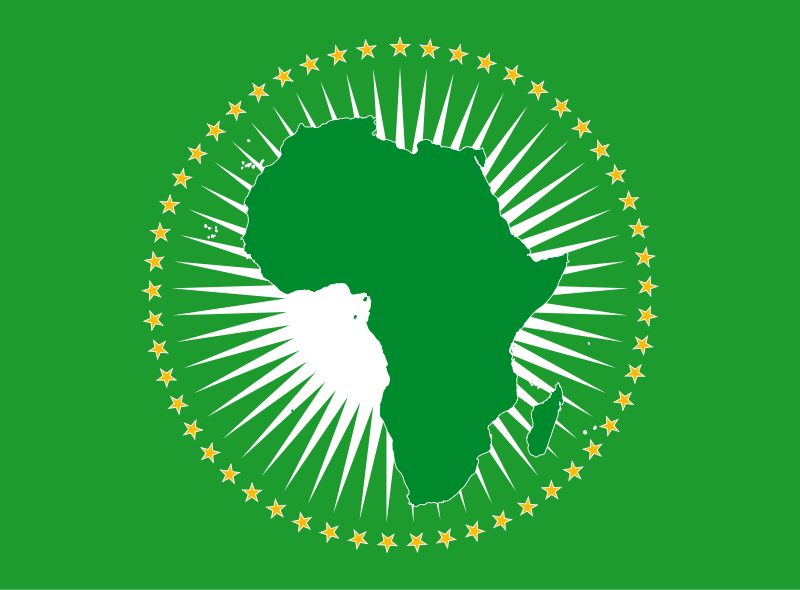
非洲联盟(法语:Union Africaine; 英语:African Union),简称非盟(UA或AU),是一个包涵了55个非洲国家的联盟,是属于集政治、经济和军事于一体的全非洲性政治实体。非洲联盟于未来有计划统一使用货币、联合防御力量、以及成立跨国家的机关,这包括一个管理非洲联盟的内阁政府。此联盟的主要目的是帮助发展及稳固非洲的民主、人权、以及能永续发展的经济,除此之外亦希望减少非洲内部的武装战乱及创造一个有效的共同市场,最终目标是建立“非洲合众国”。
前身是1963年在埃塞俄比亚首都亚的斯亚贝巴成立的“非洲统一组织”。2002年7月在南非改组。[6]2017年在第28届非盟首脑会议上,摩洛哥获得了54个成员国中的42国同意,时隔33年重新成为该组织成员国,至此非洲联盟已涵盖所有非洲主权国家。[7]
Die Afrikanische Union (arabisch الاتحاد الأفريقي, DMG al-Ittiḥād al-Ifrīqī, englisch African Union, französisch Union africaine, portugiesisch União Africana)[2] ist eine Internationale Organisation, die 2002 die Nachfolge der Organisation für Afrikanische Einheit (OAU) angetreten hat und sich für Kooperation auf allen Gebieten einsetzen soll. Sie ist ein Zusammenschluss von anfangs 53 afrikanischen Staaten (Westsahara ist Mitglied der Afrikanischen Union, sein völkerrechtlicher Status allerdings umstritten).
Der Hauptsitz der Organisation befindet sich im äthiopischen Addis Abeba, das Panafrikanische Parlament im südafrikanischen Midrand. Mitgliedstaaten der AU sind alle international allgemein anerkannten afrikanischen Staaten, einschließlich Westsaharas. Geplant ist in der AU unter anderem ein Afrikanischer Gerichtshof. Marokko wurde am 30. Januar 2017 nach 33 Jahren Abwesenheit wieder in die Afrikanische Staatengemeinschaft aufgenommen.[3]
アフリカ連合(アフリカれんごう)は、アフリカの国家統合体。アフリカ統一機構 (OAU) が、2002年に発展改組して発足した[3]。エチオピアのアディスアベバに本部を置いている。
1963年に創設されたアフリカ統一機構は、モロッコを除くアフリカ大陸の53か国(当時)全てが加入する世界最大の地域統合であったが、「統一機構」という名とは裏腹に各国間の内政不干渉を原則としており、各国で頻発する内戦やクーデターといった危機に対して有効な手段をとることができておらず、機能不全に陥っていた[4]。また、各国間の経済統合なども遅々として進んでいなかった。こうした状況に一石を投じたのが、1991年に締結されたアブジャ条約である。この条約では、アフリカ各国は2028年までに大陸統一通貨「アフロ」を導入し、アフリカ経済共同体(AEC)を創設することが謳われた。これによりアフリカ大陸が経済統合の方向に向かう中、より一層のアフリカ大陸の統合を進めるために新しい機構の創設が求められるようになった。
こうしたなか、アフリカ統一機構により強い権限を持たせ、政治・経済的統合を進めて最終的に欧州連合的な形態にアフリカ大陸を持っていくことを目的として、旧統一機構をアフリカ連合へと改組することを提案したのが、リビアの元首だったムアンマル・アル=カッザーフィーであった。カッザーフィーは1997年以降急速にアラブからアフリカへと外交重心を転換させていたが、1999年9月のスルトにおけるOAU首脳会談においてAUへの移行がリビアによって正式提案された[5]。この提案は各国に受け入れられ、アフリカ統一機構からアフリカ連合への移行のため、2000年7月のロメOAU首脳会議でアフリカ連合制定法(アフリカ連合を創設するための条約)が採択され、各国の批准を待って、2001年に発効した[6]。2002年7月のダーバン首脳会議を経て、アフリカ連合は正式に発足した。
アフリカ連合は、アフリカの一層高度な政治的経済的統合の実現及び紛争の予防解決への取組強化のため発足した地域統合体である。アフリカ諸国と諸国民間の一層の統一性及び連帯性の強化、アフリカの政治的経済的社会的統合の加速化、アフリカの平和と域内紛争や独裁政治の根絶、安全保障及び安定の促進、民主主義原則と国民参加統治の促進、持続可能な開発の促進、教育及び科学等での協力、グローバリゼーション時代におけるアフリカ諸国の国際的な地位向上、等を目指している。また、欧州連合(EU)をモデルとした地域統合を目標に掲げており、将来的には統一した国家へ発展させ、アフリカ合衆国を創ることも視野に入れている。
2001年にはアフリカ開発のための新パートナーシップ(NEPAD)を採択し、アフリカ大陸の開発のための指針を表明した。また、これに基づいて、各国が加盟国のガバナンスなどの状況を審査するアフリカン・ピア・レビュー・メカニズム(アフリカにおける相互審査システム、APRM)が創設され、2005年にはガーナの、2006年にはルワンダの報告書が作成された[7]。
The African Union (AU) is a continental union consisting of 55 member states located on the continent of Africa, with exception of various territories of European possessions located in Africa. The bloc was founded on 26 May 2001 in Addis Ababa, Ethiopia and launched on 9 July 2002 in South Africa.[6] The intention of the AU is to replace the Organisation of African Unity (OAU), established on 25 May 1963 in Addis Ababa by 32 signatory governments. The most important decisions of the AU are made by the Assembly of the African Union, a semi-annual meeting of the heads of state and government of its member states. The AU's secretariat, the African Union Commission, is based in Addis Ababa.
In result of its geographical location, the African Union has an area of around 29 million km2 (11 million sq mi) and includes popular world landmarks, including the Sahara and the Nile.[7] They have adopted a gold, green and red based emblem and flag to represent the continental union, where they held a competition for citizens to design a flag in which they chose a submission to replace the old flag. Their main celebration occurs on Africa Day on 25 May. The primary languages spoken include Arabic, English, French and Portuguese and the languages of Africa. Within the African Union, there are official bodies such as the Peace and Security Council and the Pan-African Parliament.
L'Union africaine (UA) est une organisation d'États africains créée en 2002, à Durban en Afrique du Sud, en application de la déclaration de Syrte du 9 septembre 1999. Elle a remplacé l'Organisation de l'unité africaine2 (OUA). La mise en place de ses institutions (Commission, Parlement panafricain et Conseil de paix et de sécurité) a eu lieu en juillet 2003 au sommet de Maputo au Mozambique.
Son premier président a été le Sud-Africain Thabo Mbeki, précédemment président de l'OUA.
Ses buts sont d'œuvrer à la promotion de la démocratie, des droits de l'Homme et du développement à travers l'Afrique, surtout par l'augmentation des investissements extérieurs par l'intermédiaire du programme du Nouveau partenariat pour le développement de l'Afrique (NEPAD). Ce programme considère que la paix et la démocratie sont des préalables indispensables au développement durable.
L'Unione africana (UA) è un'organizzazione internazionale comprendente tutti gli Stati africani, con sede ad Addis Abeba, in Etiopia. Les objectifs de l'UA comportent la création d'une banque centrale de développement.
Si tratta di un'organizzazione internazionale molto giovane, nata ufficialmente con il primo vertice dei capi di Stato e di governo del 9 luglio 2002 a Durban, in Sudafrica, durante il quale ne assunse la presidenza Thabo Mbeki, presidente sudafricano. Nel corso del vertice, al quale presenziava tra gli altri il segretario generale delle Nazioni Unite Kofi Annan, furono sottoscritti i primi atti riguardanti gli organi dell'Unione, ovvero il protocollo relativo allo stabilimento del Consiglio di pace e sicurezza e lo statuto della commissione, e furono stabilite regole e procedure per l'Assemblea, il consiglio esecutivo e il comitato dei rappresentanti permanenti.
Le fasi del processo di sviluppo precedenti al vertice di Durban avvennero all'interno dell'Organizzazione dell'unità africana. Nella sessione straordinaria del 1999 a Sirte, in Libia, (luogo di nascita del Leader libico Mu'ammar Gheddafi promotore dell'organizzazione, anche con cospicui capitali) l'Organizzazione decise la nascita della nuova Unione.
Il Sahara Occidentale è ammesso come Repubblica democratica araba Sahrawi, pur non essendo a tutti gli effetti indipendente trattandosi di un territorio conteso con il Marocco.
Nel 2000 fu adottato l'atto costitutivo, che entrò in vigore il 26 maggio 2001, un mese esatto dopo la sottoscrizione della Nigeria, il trentaseiesimo Stato ad averlo ratificato. Come previsto dall'atto per un anno vi fu coesistenza tra le due organizzazioni.
Il 15 agosto 2002 le è stato riconosciuto lo status di osservatore dell'Assemblea generale delle Nazioni Unite.
La Unión Africana (por su acrónimo UA, o AU en inglés u otras de sus lenguas oficiales) es una unión política formada por 55 Estados africanos. La UA se creó el 26 de mayo de 2001 en Adís Abeba y comenzó a funcionar el 9 de julio de 2002 en Durban (Sudáfrica),2 reemplazando a la Organización para la Unidad Africana (OUA). Las decisiones más importantes de la UA son tomadas por la Asamblea de la Unión Africana, una reunión semestral de jefes de Estado y de gobierno de sus Estados miembros. El secretariado de la UA, la Comisión de la Unión Africana, tiene su sede en Adís Abeba, capital de Etiopía.
Африка́нский сою́з (сокращённо АС, АфроСоюз) — международная межправительственная организация, объединяющая 55 государств Африки, правопреемник Организации африканского единства (ОАЕ). Основана 9 июля 2002 года[4]. Важнейшие решения в рамках организации принимаются на Ассамблее Африканского союза — собрании глав государств и правительств государств — членов организации, которое проводится раз в полгода. Секретариат Африканского союза и Комиссия Африканского союза расположены в Аддис-Абебе, столице Эфиопии. В феврале 2009 года было принято решение о преобразовании Комиссии Африканского союза в Полномочный орган Африканского союза (англ. African Union Authority)[5].

Das American Friends Service Committee (AFSC) wurde während des Ersten Weltkriegs 1917 gegründet.
Seine Mitglieder sind Quäker, die aus Glaubensgründen den Wehrdienst verweigern. Das AFSC organisierte zivile Friedensdienste. Dabei konzentrierten sie sich auf medizinische Versorgung und die Verteilung von Lebensmitteln und Kleidung. Hierbei machten sie keinen Unterschied zwischen Sieger und Besiegten. Nach Ende beider Weltkriege sorgten sie für das Überleben von vielen Kindern in Deutschland.
美国教友会是一个美国宗教组织,正式成立于1917年,本为英国教友会分部。他们主张人类的平等、博爱,并认为同情和帮助是维持持久和平的原则。在反对种族主义的斗争中,许多教友会成员解放了自己的努力,为废奴主义做了宣传。他们还积极争取监狱制度、精神病院生活条件的改革,提倡减轻刑法、废除死刑。美国教友会还创办了一些学校,提升教育水平。
1917年,美国教友会曾派人去法国救济儿童、修建房屋,并发放物资。后又派人到俄国及东欧,收留孤儿,帮助人克服饥荒。并赈济了德国和奥地利的儿童。1930年,美国教友会派人到德国协助犹太人躲避迫害。后来还派人到英国、法国、西班牙,救济那些儿童和妇女。第二次世界大战之后,美国教友会和英国教友会共同派人到欧洲及亚洲协助恢复工作。1947年,因“对他人的同情以及帮助他们的愿望”与英国教友会同获诺贝尔和平奖。

 *British think tank
*British think tank
 Nobel prize
Nobel prize
 Nobel prize
Nobel prize
 1977
1977
 Nobel prize
Nobel prize
 Nobel Peace Prize
Nobel Peace Prize

 Important International Organizations
Important International Organizations

国际特赦组织(英语:Amnesty International,缩写为AI;又称为大赦国际),是一个国际非政府组织,总部位于英国伦敦,致力于推动全球人权事业的发展,在全球拥有大约七百万成员及支持者。该组织的工作方针是对人权状况进行调研,采取相应行动,寻求终结各种侵犯人权的行为,并且为那些遭受迫害的人们伸张正义。[1][2][3]
国际特赦组织于1961年由彼得·本南森在英国伦敦宣告成立,同年5月28日在英国《观察家报》发表了题为《被遗忘的囚犯》的文章。[4]国际特赦旨在让公众更多地去关注侵犯人权的事件,以及依照国际法准则及其精神而举办的各类活动;[1]亦旨在动员公众舆论,对侵犯人权的政府施加压力,以期改变。与此同时,国际特赦也对各国实行的死刑制度进行了批评,认为死刑制度就是对人权“最为终极”、“最为彻底”的否定。国际特赦组织因其进行的反酷刑运动和所做出的贡献,荣获1977年的诺贝尔和平奖,亦获得了1978年的联合国人权奖。
Amnesty International (von englisch amnesty, Begnadigung, Straferlass, Amnestie) ist eine nichtstaatliche (NGO) und Non-Profit-Organisation, die sich weltweit für Menschenrechte einsetzt. Grundlage ihrer Arbeit sind die Allgemeine Erklärung der Menschenrechte und andere Menschenrechtsdokumente, wie beispielsweise der Internationale Pakt über bürgerliche und politische Rechte und der Internationale Pakt über wirtschaftliche, soziale und kulturelle Rechte. Die Organisation recherchiert Menschenrechtsverletzungen, betreibt Öffentlichkeits- und Lobbyarbeit und organisiert unter anderem Brief- und Unterschriftenaktionen für alle Bereiche ihrer Tätigkeit.
 Egypt
Egypt
 Algeria
Algeria
 Arab League
Arab League
 Arab League
Arab League
 Abdel Rahman Azzam
Abdel Rahman Azzam
 Arab League
Arab League
 Abdul Khalek Hassouna
Abdul Khalek Hassouna
 Arab League
Arab League
 Ahmed Aboul Gheit
Ahmed Aboul Gheit
 Arab League
Arab League
 Ahmed Asmat Abdel-Meguid
Ahmed Asmat Abdel-Meguid
 Arab League
Arab League
 Amr Moussa
Amr Moussa
 Arab League
Arab League
 Chedli Klibi
Chedli Klibi
 Arab League
Arab League
 Mahmoud Riad
Mahmoud Riad
 Arab League
Arab League
 Nabil Elaraby
Nabil Elaraby
 Arab League
Arab League
 Nabil Elaraby
Nabil Elaraby
 Bahrain
Bahrain
 Djibouti
Djibouti

 Hand in Hand
Hand in Hand
 Iraq
Iraq
 Yemen
Yemen
 Jordan
Jordan
 Katar
Katar
 Comoros
Comoros
 Kuwait
Kuwait
 Libanon
Libanon
 Libya
Libya
 Morocco
Morocco
 Mauritania
Mauritania
 Oman
Oman
 Palestine
Palestine
 Republic of the Sudan
Republic of the Sudan
 Saudi Arabia
Saudi Arabia
 Somalia
Somalia
 Syria
Syria
 Tunisia
Tunisia
 United Arab Emirates
United Arab Emirates

 Important International Organizations
Important International Organizations
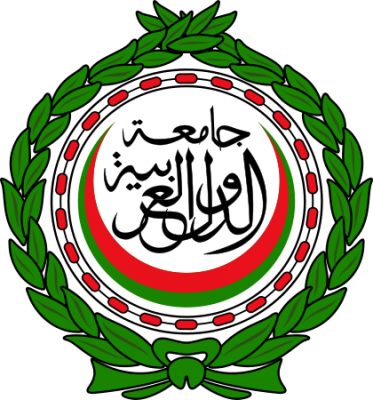
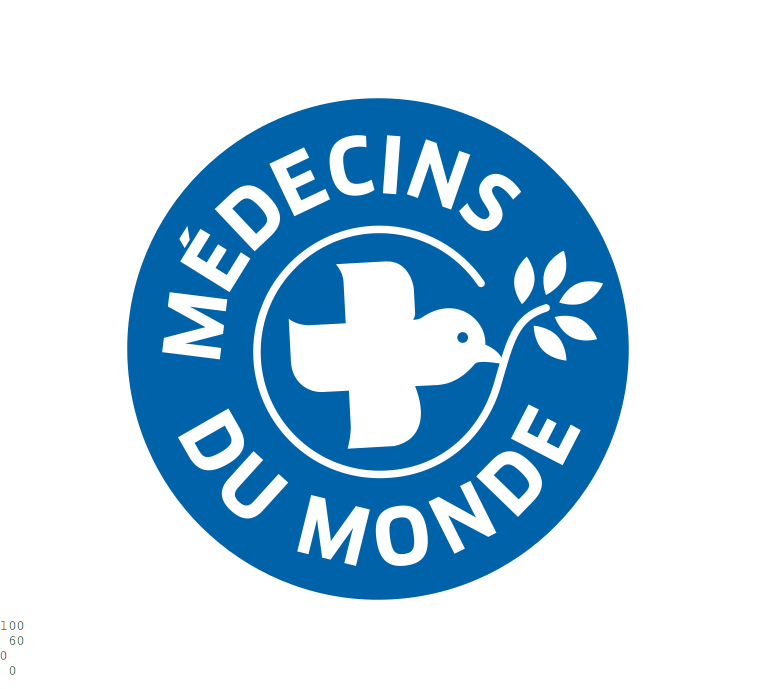

 Disaster relief
Disaster relief
 Nobel prize
Nobel prize
 Nobel prize
Nobel prize
 1999
1999
 Nobel prize
Nobel prize
 Nobel Peace Prize
Nobel Peace Prize
 Switzerland
Switzerland

 Important International Organizations
Important International Organizations
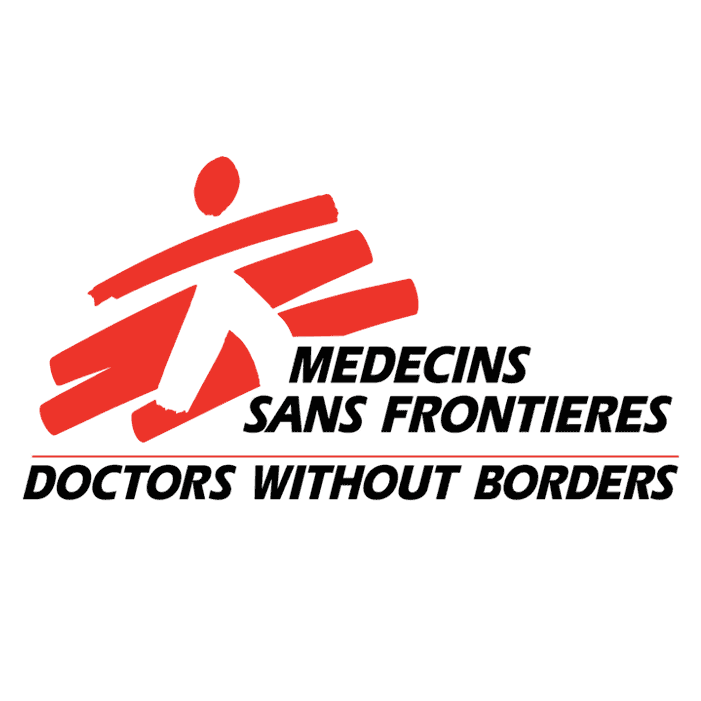
无国界医生(法语:Médecins sans frontières,发音[mɛtsɛ̃ sɑ̃ fʁɔ̃tjɛʁ]ⓘ,英语:Doctors Without Borders,简称:MSF(法语)或DWB(英语))是一个独立的、从事人道救援的国际非政府组织,以在饱受战争或动乱摧残的地区和贫穷国家致力协助抵抗地方疾病的计划闻名。于1999年获得诺贝尔和平奖。
Ärzte ohne Grenzen (franz. Médecins Sans Frontières, anhörenⓘ/?) ist die am 21. Dezember 1971[1] gegründete größte[4][5][6] unabhängige Organisation für medizinische Nothilfe.
Die private Hilfsorganisation leistet medizinische Nothilfe in Krisen- und Kriegsgebieten. Hierfür wurde ihr 1999 der Friedensnobelpreis verliehen.[7][8][9] Für 2015 wurde ihr der Lasker~Bloomberg Public Service Award zugesprochen.
Alle Sektionen auf internationaler Ebene, so auch die deutsche Sektion, nutzen die französische Bezeichnung Médecins Sans Frontières, deren Abkürzung MSF und die Übersetzung in ihre jeweilige Sprache, im Englischen zum Beispiel Doctors Without Borders.
 Brunei Darussalam
Brunei Darussalam
 China
China
 Indonesia
Indonesia
 Japan
Japan
 Cambodia
Cambodia
 Laos
Laos
 Malaysia
Malaysia
 Myanmar
Myanmar
 Philippines
Philippines
 Republic of Korea
Republic of Korea
 Singapore
Singapore
 Thailand
Thailand
 Vietnam
Vietnam

 Important International Organizations
Important International Organizations
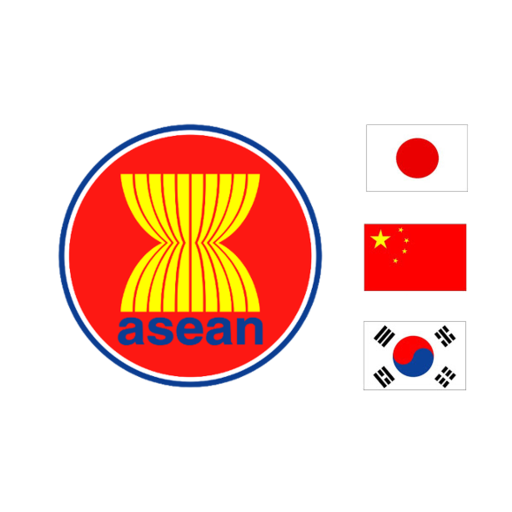
 ASEAN Summit
ASEAN Summit
 Association of Southeast Asian Nations,ASEAN
Association of Southeast Asian Nations,ASEAN
 Hassanal Bolkiah
Hassanal Bolkiah
 Association of Southeast Asian Nations,ASEAN
Association of Southeast Asian Nations,ASEAN
 Htin Kyaw
Htin Kyaw
 Association of Southeast Asian Nations,ASEAN
Association of Southeast Asian Nations,ASEAN
 Hun Sen
Hun Sen
 Association of Southeast Asian Nations,ASEAN
Association of Southeast Asian Nations,ASEAN
 Joko Widodo
Joko Widodo
 Association of Southeast Asian Nations,ASEAN
Association of Southeast Asian Nations,ASEAN
 Lee Hsien Loong
Lee Hsien Loong
 Association of Southeast Asian Nations,ASEAN
Association of Southeast Asian Nations,ASEAN
 Najib Razak
Najib Razak
 Association of Southeast Asian Nations,ASEAN
Association of Southeast Asian Nations,ASEAN
 Nguyễn Xuân Phúc
Nguyễn Xuân Phúc
 Association of Southeast Asian Nations,ASEAN
Association of Southeast Asian Nations,ASEAN
 Prayut Chan-o-cha
Prayut Chan-o-cha
 Association of Southeast Asian Nations,ASEAN
Association of Southeast Asian Nations,ASEAN
 Rodrigo Duterte
Rodrigo Duterte
 Association of Southeast Asian Nations,ASEAN
Association of Southeast Asian Nations,ASEAN
 Thongloun Sisoulith
Thongloun Sisoulith
 Brunei Darussalam
Brunei Darussalam
 Indonesia
Indonesia
 Cambodia
Cambodia
 Laos
Laos
 Malaysia
Malaysia
 Myanmar
Myanmar

 Party and government
Party and government

 Party and government
Party and government
 Association of Southeast Asian Nations,ASEAN
Association of Southeast Asian Nations,ASEAN
 Philippines
Philippines
 Singapore
Singapore
 Thailand
Thailand
 Vietnam
Vietnam

 Important International Organizations
Important International Organizations
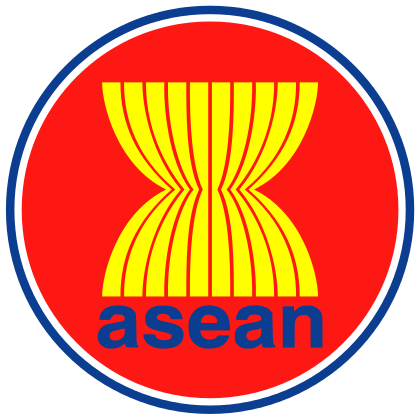
东南亚国家联盟(英语:Association of Southeast Asian Nations,英文简称ASEAN),中文简称东盟、亚细安、东南亚国协或东协,是集合东南亚区域国家的一个政府性国际组织。[6]
东盟成立初期,基于冷战背景立场反共,主要任务之一为防止区域内共产主义势力扩张,合作侧重在军事安全与政治中立。冷战结束后东南亚各国政经情势趋稳,并接纳越南社会主义共和国和老挝人民民主共和国加入。
Der Verband Südostasiatischer Nationen, kurz ASEAN (deutsche Aussprache: [ˈaːzean]; englische Aussprache [ˈæzɪən],[4] von englisch Association of Southeast Asian Nations), ist eine internationale Organisation südostasiatischer Staaten mit Sitz in Jakarta (Indonesien). Jedes Jahr findet ein Gipfeltreffen der ASEAN-Staaten statt.
Das ursprüngliche Ziel war die Verbesserung der wirtschaftlichen, politischen und sozialen Zusammenarbeit. Später erweiterte sich das Betätigungsfeld um Sicherheits-, Kultur- und Umweltfragen. Im September 2009 beschlossen die Staats- und Regierungschefs der ASEAN-Mitglieder, einen gemeinsamen Wirtschaftsraum nach dem Vorbild der EU zu schaffen.[5]
Im Laufe der Jahre wurden weitere Organisationen gegründet: das ASEAN-Regionalforum (ARF) für Sicherheitsfragen, die ASEAN-Freihandelszone (AFTA) zur Förderung des Handels, die ASEAN Investment Area (AIA) zur Förderung gegenseitiger Direktinvestitionen und andere mehr.
Vorläufer der Organisationsgemeinschaft war der Verband Südostasiens, ASA (1961–1967). Diese erlebte nach einer Stagnationsphase und dem Sturz Sukarnos im September 1965 zwar eine Wiedererweckung, ging aber auf indonesische Initiative hin sowie unter Beibehaltung der Strukturen und des Sicherheitskonzepts schließlich in das intensivere Bündnis der ASEAN über.
東南アジア諸国連合(とうなんアジアしょこく れんごう、英語: Association of South‐East Asian Nations、ASEAN [ˈɑːsi.ɑːn] AH-see-ahn)は、東南アジア10か国の経済、社会、政治、安全保障、文化に関する地域協力機構。本部所在地はインドネシアの首都ジャカルタ。
The Association of Southeast Asian Nations[9] (ASEAN; /ˈɑːsiɑːn/ AH-see-ahn,[10] /ˈɑːziɑːn/ AH-zee-ahn)[11][12] is a regional intergovernmental organization comprising ten countries in Southeast Asia, which promotes intergovernmental cooperation and facilitates economic, political, security, military, educational, and sociocultural integration among its members and other countries in Asia.
ASEAN also regularly engages other countries in the Asia-Pacific region and beyond. A major partner of Shanghai Cooperation Organisation, ASEAN maintains a global network of alliances and dialogue partners and is considered by many as a global powerhouse,[13][14] the central union for cooperation in Asia-Pacific, and a prominent and influential organization. It is involved in numerous international affairs, and hosts diplomatic missions throughout the world.[15][16][17][18]
L’Association des nations de l'Asie du Sud-Est (ANASE ou ASEANa) est une organisation politique, économique et culturelle regroupant dix pays d'Asie du Sud-Est. Elle a été fondée en 1967 à Bangkok (Thaïlande) par cinq pays dans le contexte de la guerre froide pour faire barrage aux mouvements communistes, développer la croissance et le développement et assurer la stabilité dans la région. Aujourd'hui, l'association a pour but de renforcer la coopération et l'assistance mutuelle entre ses membres, d'offrir un espace pour régler les problèmes régionaux et peser en commun dans les négociations internationales. Un sommet est organisé chaque année au mois de novembre. Son secrétariat général est installé à Jakarta (Indonésie).
L'ASEAN (IPA: ˈɑːsiɑːn; in inglese: Association of South-East Asian Nations; in italiano: Associazione delle Nazioni del Sud-est asiatico[6]), è un'organizzazione politica, economica e culturale di nazioni situate nel Sud-est asiatico. È stata fondata nel 1967 con lo scopo principale di promuovere la cooperazione e l'assistenza reciproca fra gli stati membri per accelerare il progresso economico e aumentare la stabilità della regione. Inoltre, l'organizzazione coinvolge regolarmente altri paesi nella regione Asia-Pacifico e oltre. L'ASEAN mantiene una rete globale di alleanze e partner di dialogo ed è considerata da alcuni come una potenza globale e un'organizzazione di spicco e influente.[7][8] È coinvolta in numerosi affari internazionali e ospita missioni diplomatiche in tutto il mondo.[9][10][11][12] È uno dei principali partner dell'Organizzazione per la Cooperazione di Shanghai, con il quale sviluppa un modello di cooperazione per la pace, la stabilità, lo sviluppo e la sostenibilità dell'Asia.[13][14][15][16] Serve anche come modello di riferimento internazionale nella ricerca di armonia e forza tra diversità e differenze, nonché una figura di spicco nell'economia globale, commercio, diplomazia e politica.[17][18][19][20][21][22][23]
La Asociación de Naciones del Sureste Asiático (ASEAN por sus siglas en inglés: Association of Southeast Asian Nations) es una organización intergubernamental de estados del sudeste asiático creada el 8 de agosto de 1967 por cinco países: Tailandia, Indonesia, Malasia, Singapur y Filipinas. En la actualidad está integrada por 10 países de la región del sudeste asiático: Malasia, Indonesia, Brunéi, Vietnam, Camboya, Laos, Myanmar, Singapur, Tailandia y Filipinas.
De acuerdo con el diario digital Expansión (Datos Macro), la habitan unos 646 millones de personas y su PIB anual es de 2,45 billones de euros,2 aunque otras fuentes apuntan a un PIB de 5,7 billones de dólares.3
Los principales objetivos de la ASEAN son: acelerar el crecimiento económico y fomentar la paz y la estabilidad regional. La ASEAN ha establecido un foro conjunto con Japón, sostiene un acuerdo de cooperación con la Unión Europea (UE), y ha iniciado conversaciones para la cooperación comercial oficial con Unión Económica Euroasiática (UEE).4 Su sede principal se encuentra en Yakarta.
Ассоциация государств Юго-Восточной Азии (АSEАN) (англ. Association of South East Asian Nations) — политическая, экономическая и культурная региональная межправительственная организация 10 стран, расположенных в Юго-Восточной Азии. АСЕАН образована 8 августа 1967 года в Бангкоке вместе с подписанием «Декларации АСЕАН», более известной как «Бангкокская декларация». Договорное оформление АСЕАН произошло лишь в 1976 году в подписанных на острове Бали Договоре о дружбе и сотрудничестве в Юго-Восточной Азии и Декларации согласия АСЕАН.
 Asia-Pacific Economic Cooperation,APEC
Asia-Pacific Economic Cooperation,APEC

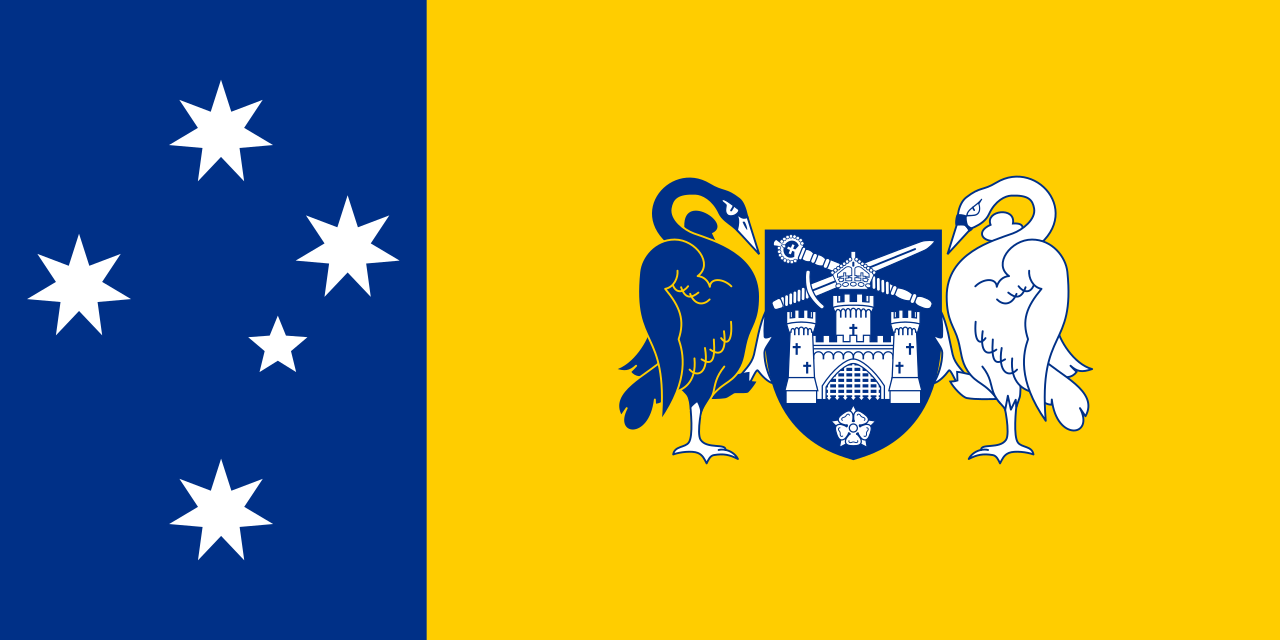 Australian Capital Territory-ACT
Australian Capital Territory-ACT
 Australia
Australia
 Beijing Shi-BJ
Beijing Shi-BJ

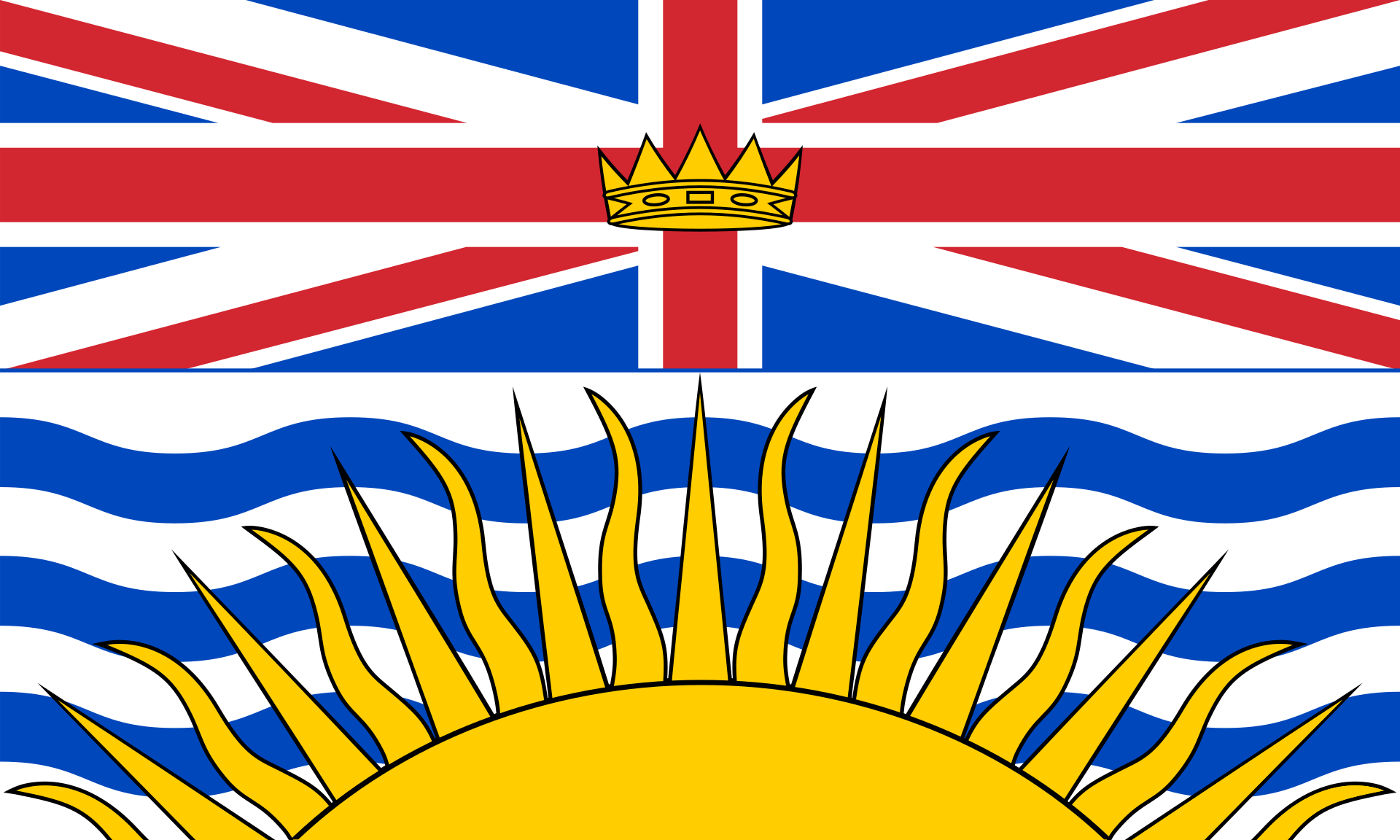 British Columbia-BC
British Columbia-BC
 Brunei Darussalam
Brunei Darussalam
 Chile
Chile
 China
China

 Hand in Hand
Hand in Hand

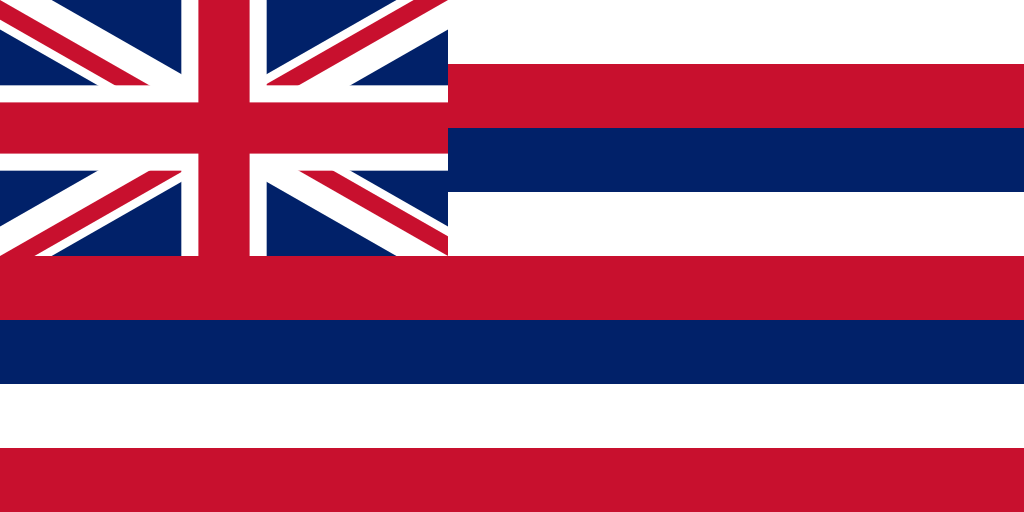 Hawaii-HI
Hawaii-HI
 Hongkong Tebiexingzhengqu-HK
Hongkong Tebiexingzhengqu-HK
 Indonesia
Indonesia
 Japan
Japan
 Canada
Canada
 Kantō
Kantō
 Kinki
Kinki
 Malaysia
Malaysia
 Mexico
Mexico
 New Zealand
New Zealand

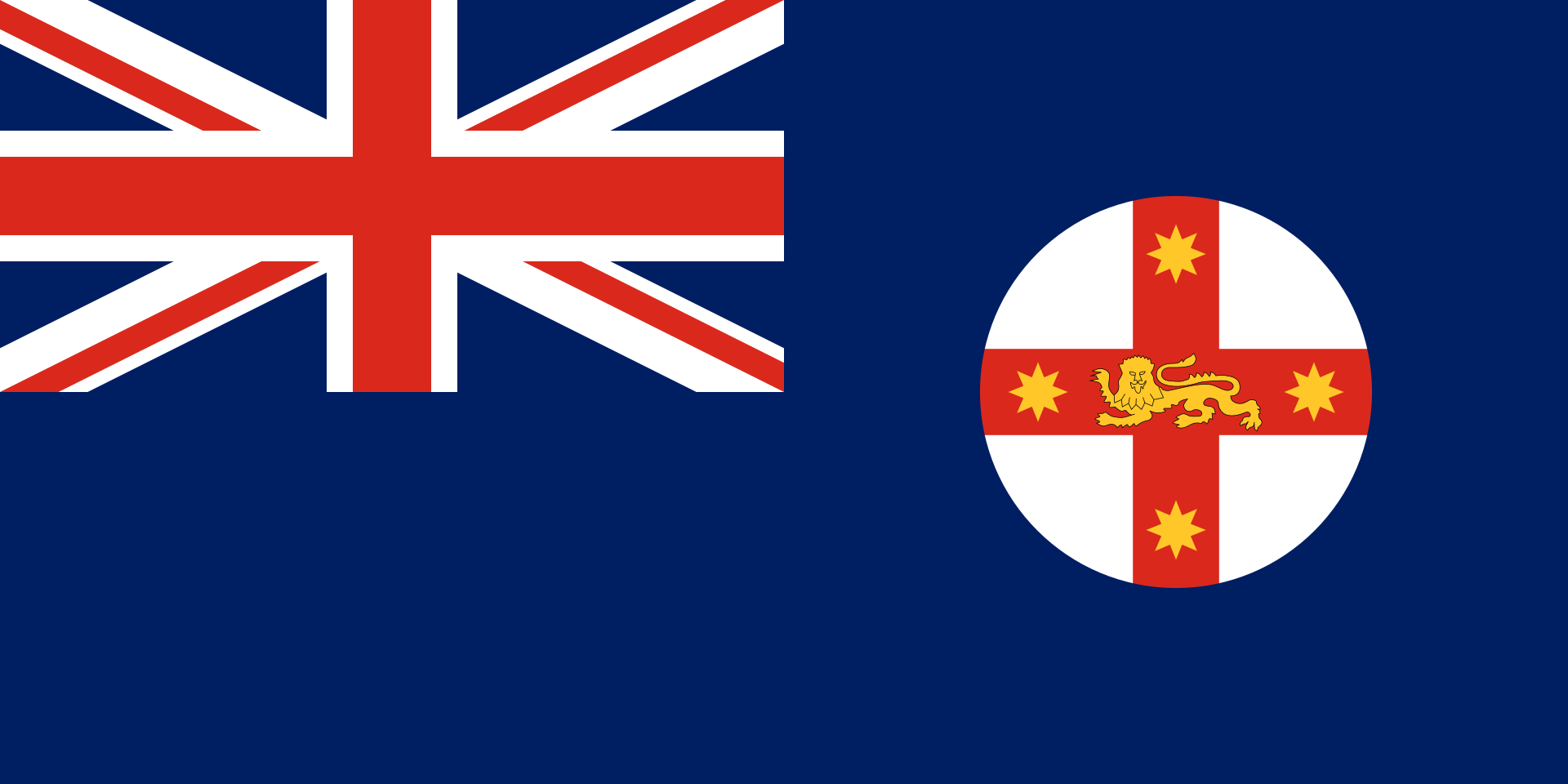 New South Wales-NSW
New South Wales-NSW
 Papua-Neuguinea
Papua-Neuguinea

 Party and government
Party and government

 Party and government
Party and government
 Asia-Pacific Economic Cooperation,APEC
Asia-Pacific Economic Cooperation,APEC
 Peru
Peru
 Philippines
Philippines
 Republic of Korea
Republic of Korea
 Russia
Russia
 Shanghai Shi-SH
Shanghai Shi-SH
 Singapore
Singapore
 Taiwan Sheng-TW
Taiwan Sheng-TW
 Thailand
Thailand
 United States
United States
 Vietnam
Vietnam

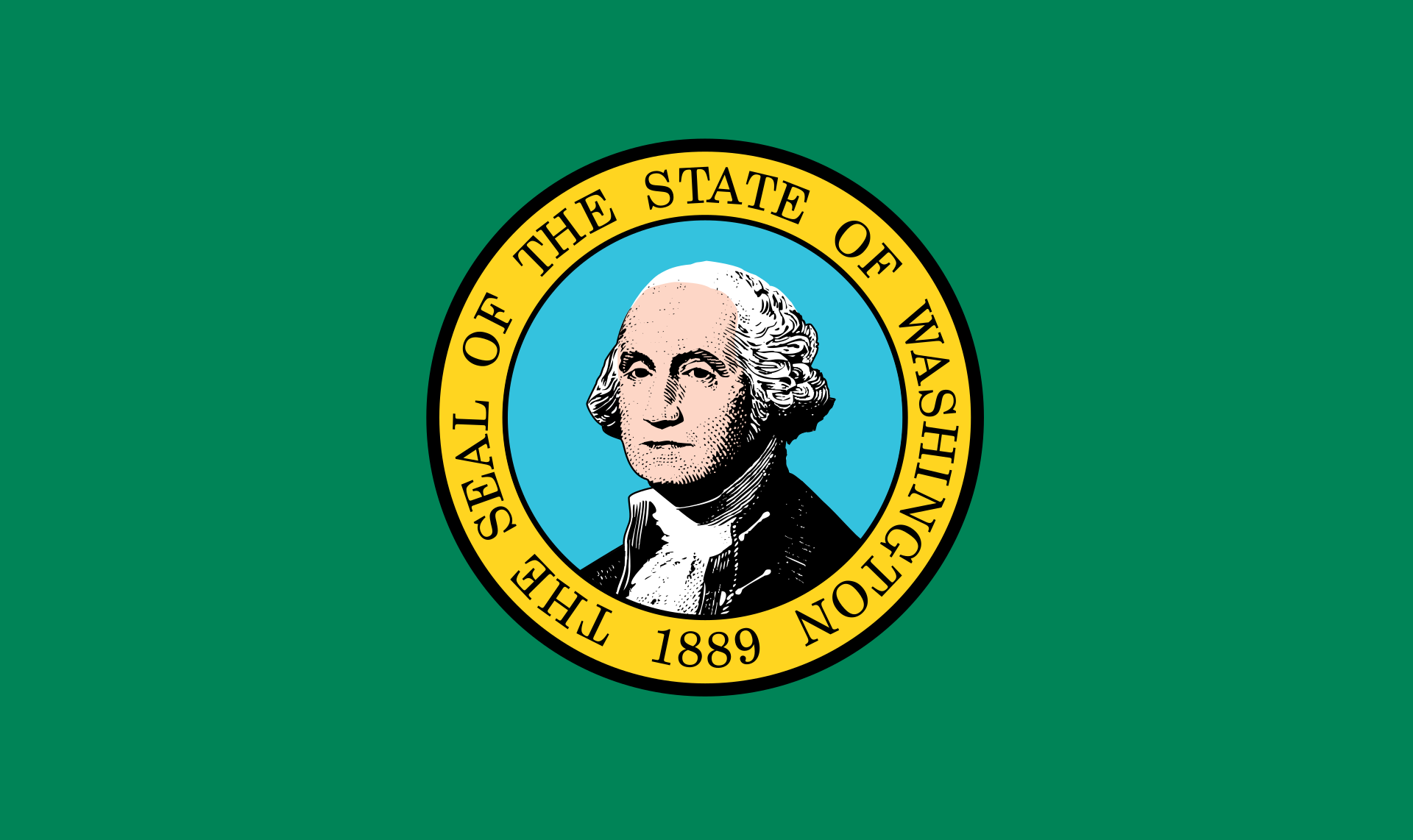 Washington-WA
Washington-WA

 Important International Organizations
Important International Organizations

亚太经济合作组织(简称亚太经合组织;英语:Asia-Pacific Economic Cooperation,缩写:APEC),是亚太区内各地区之间促进经济成长、合作、贸易、投资的论坛。此组织的创办在历史上取代了该区域的冷战结构,但由于日本在该区域会因过去历史记忆引发负面评价,所以由澳大利亚主导创始事项[1]。
始设于1989年,现有21个经济体成员。亚太经合组织是经济合作的论坛平台,其运作是通过非约束性的承诺与成员的自愿,强调开放对话及平等尊重各成员意见,不同于其他经由条约确立的政府间组织。“APEC”与“Asia-Pacific Economic Cooperation”均是亚太经济合作组织的注册商标。[2]
Die Asiatisch-Pazifische Wirtschaftsgemeinschaft (für englisch Asia-Pacific Economic Cooperation, kurz APEC, auch übersetzt als Asiatisch-Pazifische Wirtschaftskooperation oder Asien-Pazifik-Forum) ist eine internationale Organisation, die es sich zum Ziel gesetzt hat, im pazifischen Raum eine Freihandelszone einzurichten.
In den 21 APEC-Staaten lebt knapp die Hälfte der Weltbevölkerung. Der Wirtschaftsraum erbringt mehr als die Hälfte der Weltwirtschaftsleistung und ist eine der am schnellsten wachsenden Wirtschaftsregionen der Welt.
アジア太平洋経済協力会議(アジアたいへいようけいざいきょうりょくかいぎ、英: Asia-Pacific Economic Cooperation)は、環太平洋地域における多国間経済協力を進めるための非公式なフォーラム[2]である。略称、APEC(エイペック[3][4])。
「アジア太平洋」という概念が最初に打ち出されたのは、永野重雄が1967年に発足させた太平洋経済委員会(PBEC)という経済団体の設立時であるとされるが[5][6][7]、具体的にこうした地域概念が政府レベルの協力枠組みに発展する萌芽は、1978年、日本の大平正芳首相が就任演説で「環太平洋連帯構想」を呼びかけたことにある。これを具体化した大平政権の政策研究会「環太平洋連帯研究グループ」(議長:大来佐武郎、幹事佐藤誠三郎)の報告を受け、大平がオーストラリアのマルコム・フレイザー首相に提案して強い賛同を得たことが、1980年9月の太平洋経済協力会議(PECC)の設立につながった。PECCは地域における様々な課題を議論し研究するセミナーといった趣のものであったが、これを土台にして、各国政府が正式に参加する会合として設立されたのが、APECである[8][9]。
APECは、1989年にオーストラリアのホーク首相の提唱で、日本・アメリカ合衆国・カナダ・韓国・オーストラリア・ニュージーランド及び当時の東南アジア諸国連合(ASEAN)加盟6か国の計12か国で発足し、同国のキャンベラで閣僚会議(Ministerial Meeting)を開催した。また、1993年には米国のシアトルで初の首脳会議(Economic Leaders' Meeting)がもたれた。現在は、首脳会議、及び、外相、経済担当相による閣僚会議をそれぞれ年1回開いている。シンガポールに常設事務局を置き、開催国から任期1年で事務局長が選任されている[10]。 参加しているメンバーは、21カ国・地域で、2012年現在、人口では世界の41.4%、GDP(国内総生産)では57.8%、貿易額では47%を占めている。
APECは、開かれた地域協力によって経済のブロック化を抑え、域内の貿易・投資の自由化を通じて、世界貿易機関(WTO)のもとでの多角的自由貿易体制を維持・発展することを目的としてきたが、近年のWTOの新ラウンドの停滞や自由貿易協定締結の動きの活発化などによって、その存在意義が問われている。
Asia-Pacific Economic Cooperation (APEC) is an inter-governmental forum for 21 Pacific Rim member economies[2] that promotes free trade throughout the Asia-Pacific region. Inspired from the success of Association of Southeast Asian Nations (ASEAN)’s series of post-ministerial conferences launched in the mid-1980s, the APEC was established in 1989 in response to the growing interdependence of Asia-Pacific economies and the advent of regional trade blocs in other parts of the world; and to establish new markets for agricultural products and raw materials beyond Europe.[3][4][5] Headquartered in Singapore, the APEC is recognised as one of the oldest forums and highest-level multilateral blocs in the Asia-Pacific region, and exerts a significant global influence.[6][7][8][9][10][11]
An annual APEC Economic Leaders' Meeting is attended by the heads of government of all APEC members except Republic of China (Taiwan) (which is represented by a ministerial-level official under the name Republic of China as economic leader).[12] The location of the meeting rotates annually among the member economies, and a famous tradition, followed for most (but not all) summits, involves the attending leaders dressing in a national costume of the host country. APEC has three official observers: the Association of Southeast Asian Nations Secretariat, the Pacific Economic Cooperation Council and the Pacific Islands Forum Secretariat.[13] APEC's Host Economy of the Year is considered to be invited in the first place for geographical representation to attend G20 meetings following G20 guidelines.[14][15][16][17]
La Coopération économique pour l'Asie-Pacifique (en anglais : Asia-Pacific Economic Cooperation, APEC) est un forum économique intergouvernemental visant à faciliter la croissance économique, la coopération, les échanges et l'investissement de la région Asie Pacifique. Elle se réunit chaque année1.
L'Asia-Pacific Economic Cooperation (APEC), ossia Cooperazione Economica Asiatico-Pacifica, è un organismo nato nel 1989 allo scopo di favorire la cooperazione (o, più in generale, la crescita) economica, il libero scambio e gli investimenti nell'area asiatico-pacifica. Tale area (come suggerisce il logo stesso dell'APEC) coincide non solo con l'Asia Pacifica, ma potenzialmente con l'intero Pacific Rim.
L'APEC ha sede a Singapore, Paese considerato una delle tigri dell'Asia.
Dal punto di vista del diritto internazionale l'APEC si definisce organismo e non organizzazione internazionale perché, essendo composto da economie e non da Stati, è privo di una piena personalità giuridica. Ciò spiega, fra l'altro, come mai possano farne parte contemporaneamente la Cina continentale, Hong Kong e Taiwan, ossia tre realtà che, territorialmente (secondo Pechino e secondo tutti i governi che intrattengono relazioni diplomatiche con Pechino), appartengono a un unico Stato: la Repubblica Popolare di Cina.
APEC (Asia-Pacific Economic Cooperation, en español Foro de Cooperación Económica Asia-Pacífico) es un foro multilateral creado en 1989, con el fin de consolidar el crecimiento y la prosperidad de los países del Pacífico, que trata temas relacionados con el intercambio comercial, coordinación económica y cooperación entre sus integrantes.1
Como mecanismo de cooperación y concertación económica, está orientado a la promoción y facilitación del comercio, las inversiones, la cooperación económica y técnica y al desarrollo económico regional de los países y territorios de la cuenca del océano Pacífico. Fomentando un crecimiento económico inclusivo, equitativo, sustentable e innovador.2
La suma del Producto Nacional Bruto de las veintiuna economías que conforman el APEC equivale al 56 % de la producción mundial, en tanto que en su conjunto representan el 46 % del comercio global.
La APEC no tiene un tratado formal. Sus decisiones se toman por consenso y funciona con base en declaraciones no vinculantes. Tiene una Secretaría General, con sede en Singapur, que es la encargada de coordinar el apoyo técnico y de consultoría. Cada año uno de los países miembros es huésped de la reunión anual de la APEC. La vigésimo novena cumbre se realizó en noviembre de 2017 en Da Nang, Vietnam; y la próxima será en Santiago, Chile.
Азиатско-Тихоокеанское экономическое сотрудничество (АТЭС) (англ. Asia-Pacific Economic Cooperation, APEC) — форум 21 экономики Азиатско-Тихоокеанского региона для сотрудничества в области региональной торговли и облегчения и либерализации капиталовложений.
Целью АТЭС является повышение экономического роста, процветания в регионе и укрепление азиатско-тихоокеанского сообщества. В экономиках-участницах проживает около 40 % мирового населения, на них приходится приблизительно 54 % ВВП и 44 % мировой торговли[1].
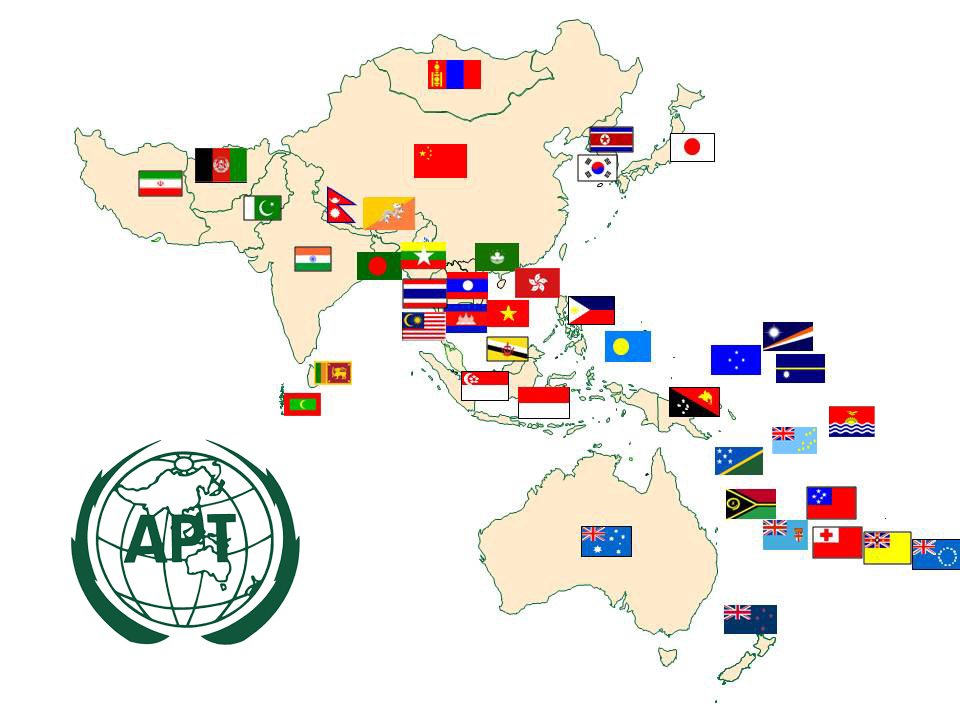

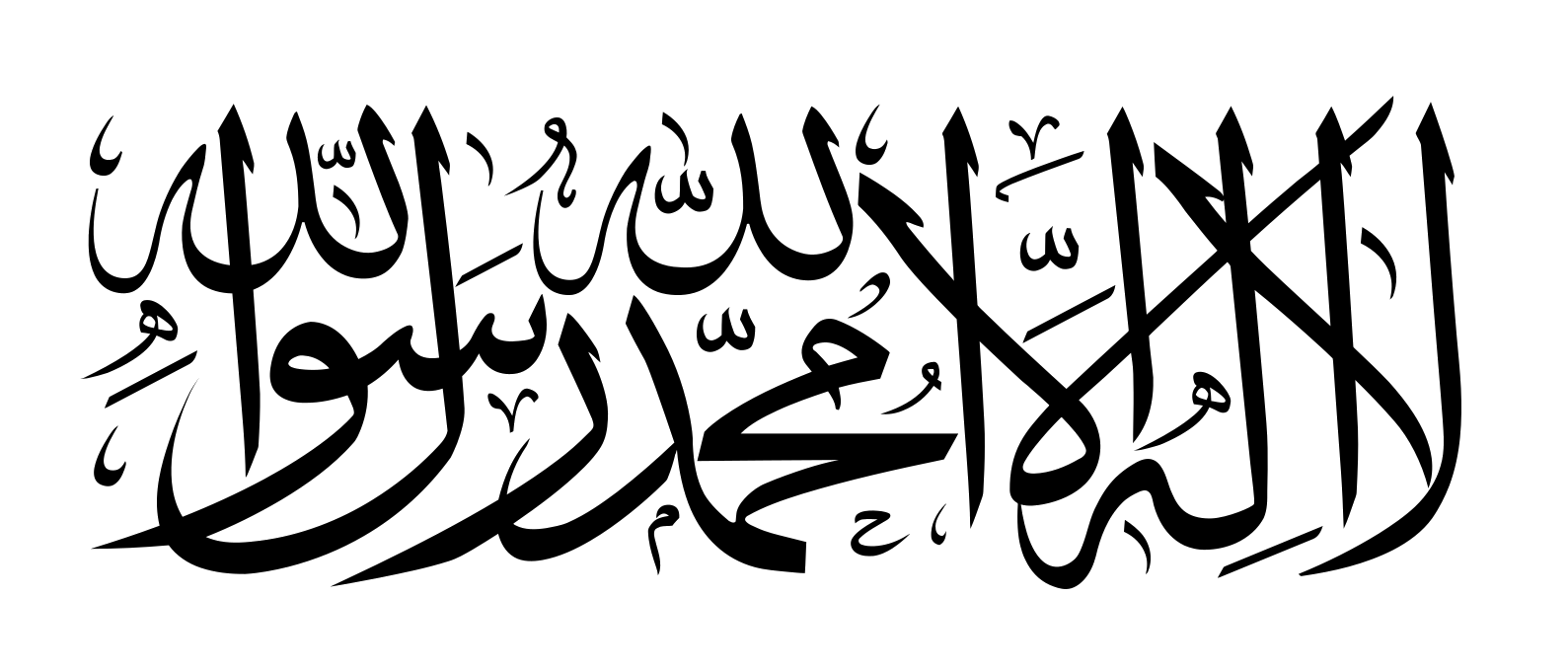 Afghanistan
Afghanistan
 Armenia
Armenia
 Azerbaijan
Azerbaijan
 Asian Development Bank,ADB
Asian Development Bank,ADB
 Asian Development Bank,ADB
Asian Development Bank,ADB
 Kimimasa Tarumizu
Kimimasa Tarumizu
 Asian Development Bank,ADB
Asian Development Bank,ADB
 Haruhiko Kuroda
Haruhiko Kuroda
 Asian Development Bank,ADB
Asian Development Bank,ADB
 Masao Fujioka
Masao Fujioka
 Asian Development Bank,ADB
Asian Development Bank,ADB
 Masatsugu Asakawa
Masatsugu Asakawa
 Asian Development Bank,ADB
Asian Development Bank,ADB
 Mitsuo Sato
Mitsuo Sato
 Asian Development Bank,ADB
Asian Development Bank,ADB
 Shiro Inoue
Shiro Inoue
 Asian Development Bank,ADB
Asian Development Bank,ADB
 Tadao Chino
Tadao Chino
 Asian Development Bank,ADB
Asian Development Bank,ADB
 Takehiko Nakao
Takehiko Nakao
 Asian Development Bank,ADB
Asian Development Bank,ADB
 Takeshi Watanabe
Takeshi Watanabe
 Asian Development Bank,ADB
Asian Development Bank,ADB
 Taroichi Yoshida
Taroichi Yoshida
 Australia
Australia
 Bangladesh
Bangladesh
 Bhutan
Bhutan
 Brunei Darussalam
Brunei Darussalam
 China
China
 Denmark
Denmark
 Germany
Germany

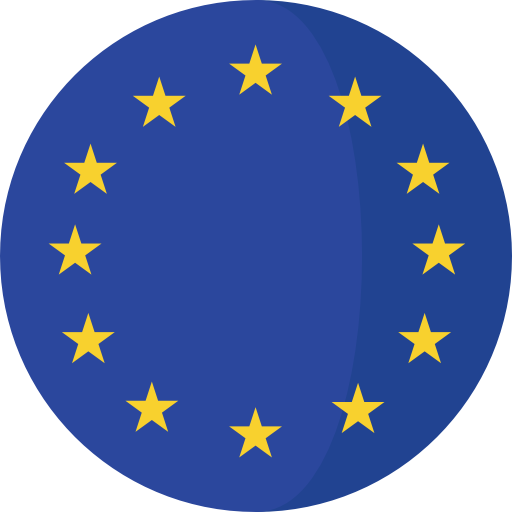 European Union
European Union

 Financial
Financial
 International Bank for Cooperation
International Bank for Cooperation
 Finland
Finland
 France
France
 Georgia
Georgia
 Hongkong Tebiexingzhengqu-HK
Hongkong Tebiexingzhengqu-HK
 India
India
 Indonesia
Indonesia
 Ireland
Ireland
 Italy
Italy
 Japan
Japan
 Cambodia
Cambodia
 Canada
Canada
 Kasachstan
Kasachstan
 Kyrgyzstan
Kyrgyzstan
 Laos
Laos
 Luxembourg
Luxembourg
 Malaysia
Malaysia

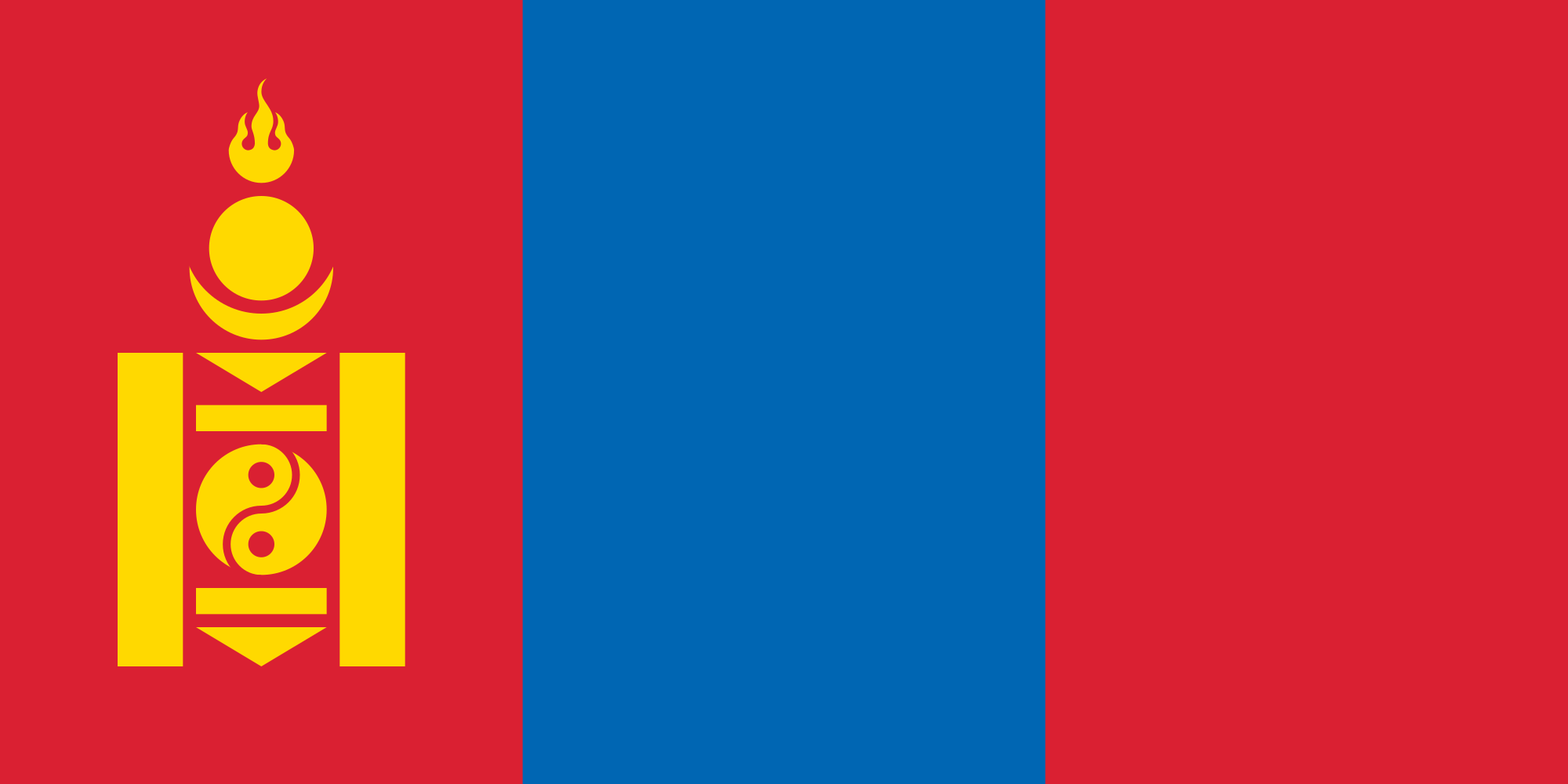 Mongolei
Mongolei
 Myanmar
Myanmar
 Nepal
Nepal
 New Zealand
New Zealand
 Netherlands
Netherlands
 Austria
Austria
 Pakistan
Pakistan
 Papua-Neuguinea
Papua-Neuguinea
 Philippines
Philippines
 Portugal
Portugal
 Republic of Korea
Republic of Korea
 Salomonen
Salomonen
 Sweden
Sweden
 Singapore
Singapore
 Sri Lanka
Sri Lanka
 Taiwan Sheng-TW
Taiwan Sheng-TW
 Takehiko Nakao
Takehiko Nakao
 Thailand
Thailand
 Tonga
Tonga
 Turkey
Turkey
 Turkmenistan
Turkmenistan
 Uzbekistan
Uzbekistan
 United States
United States
 United Kingdom
United Kingdom
 Vietnam
Vietnam

 Important International Organizations
Important International Organizations

 Economy and trade
Economy and trade
 Economic and political research
Economic and political research

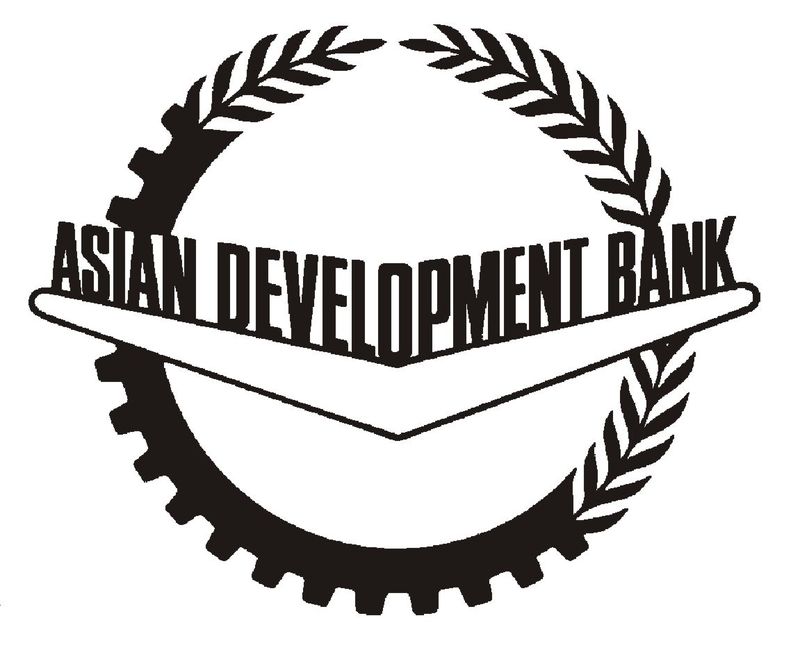
亚洲开发银行(英语:Asian Development Bank,缩写:ADB,简称亚银、亚行、亚开行),香港旧译亚洲发展银行,属于亚太地区的政府之间金融机构,其目的是为了促进亚洲经济与社会的发展。1966年12月19日成立,有31个创始会员国,目前有68个成员体,其中亚太有49个。总部设置于菲律宾马尼拉并在世界各地拥有31个办事处。亚洲开发银行仿照世界银行的股权制度,依照成员体的资本比例,得到相应比例的投票权。2014年以来,亚洲开发银行发布亚太创意生产指数年度报告。[3][4]亚洲开发银行为联合国观察员。
The Asian Development Bank (ADB) is a regional development bank established on 19 December 1966,[4] which is headquartered in the Ortigas Center located in the city of Mandaluyong, Metro Manila, Philippines. The company also maintains 31 field offices around the world[5] to promote social and economic development in Asia. The bank admits the members of the United Nations Economic and Social Commission for Asia and the Pacific (UNESCAP, formerly the Economic Commission for Asia and the Far East or ECAFE) and non-regional developed countries.[6] From 31 members at its establishment, ADB now has 68 members.
The ADB was modeled closely on the World Bank, and has a similar weighted voting system where votes are distributed in proportion with members' capital subscriptions. ADB releases an annual report that summarizes its operations, budget and other materials for review by the public.[7] The ADB-Japan Scholarship Program (ADB-JSP) enrolls about 300 students annually in academic institutions located in 10 countries within the Region. Upon completion of their study programs, scholars are expected to contribute to the economic and social development of their home countries.[8] ADB is an official United Nations Observer.[9]
El Banco Asiático de Desarrollo (BAsD) es una organización financiera para el desarrollo económico de Asia y el Pacífico. Su objetivo principal es la erradicación de la pobreza y facilitar ayudas para mejorar el nivel de vida de la población de la región a través de préstamos y colaboración técnica.
Creado en 1966 por 31 países. Hoy cuenta con 67 miembros (48 regionales y 19 no regionales). Estados Unidos y Japón son sus principales accionistas, con el 15,6% del capital cada uno.
El Banco tiene como su principal objetivo la lucha contra la pobreza. Para ello busca promover el crecimiento económico y la cooperación en la región de Asia-Pacífico, y acelerar el proceso de desarrollo económico de sus países miembros. Las dos terceras partes de personas pobres del mundo (aquellos que viven con menos de dos dólares diarios por persona), cerca de 1.800 millones de pobres, viven en esta región. El BAsD aprobó una nueva Estrategia a Largo Plazo (2008-2020) centrada en un crecimiento económico, medioambientalmente sostenible e integración regional.
Азиа́тский банк разви́тия (англ. Asian Development Bank) — банк, основанный в 1966 году, его главной задачей является стимулировать рост экономики в Азии и на Дальнем Востоке, направляя в эти регионы прямые займы и оказывая техническое содействие.
Штаб-квартира в Маниле (Филиппины). Президентом АБР с 28 апреля 2013 года является японец Такэхико Накао. 17 января 2020 года президентом станет Масацугу Асакава, избранный 2 декабря 2019 года[1].
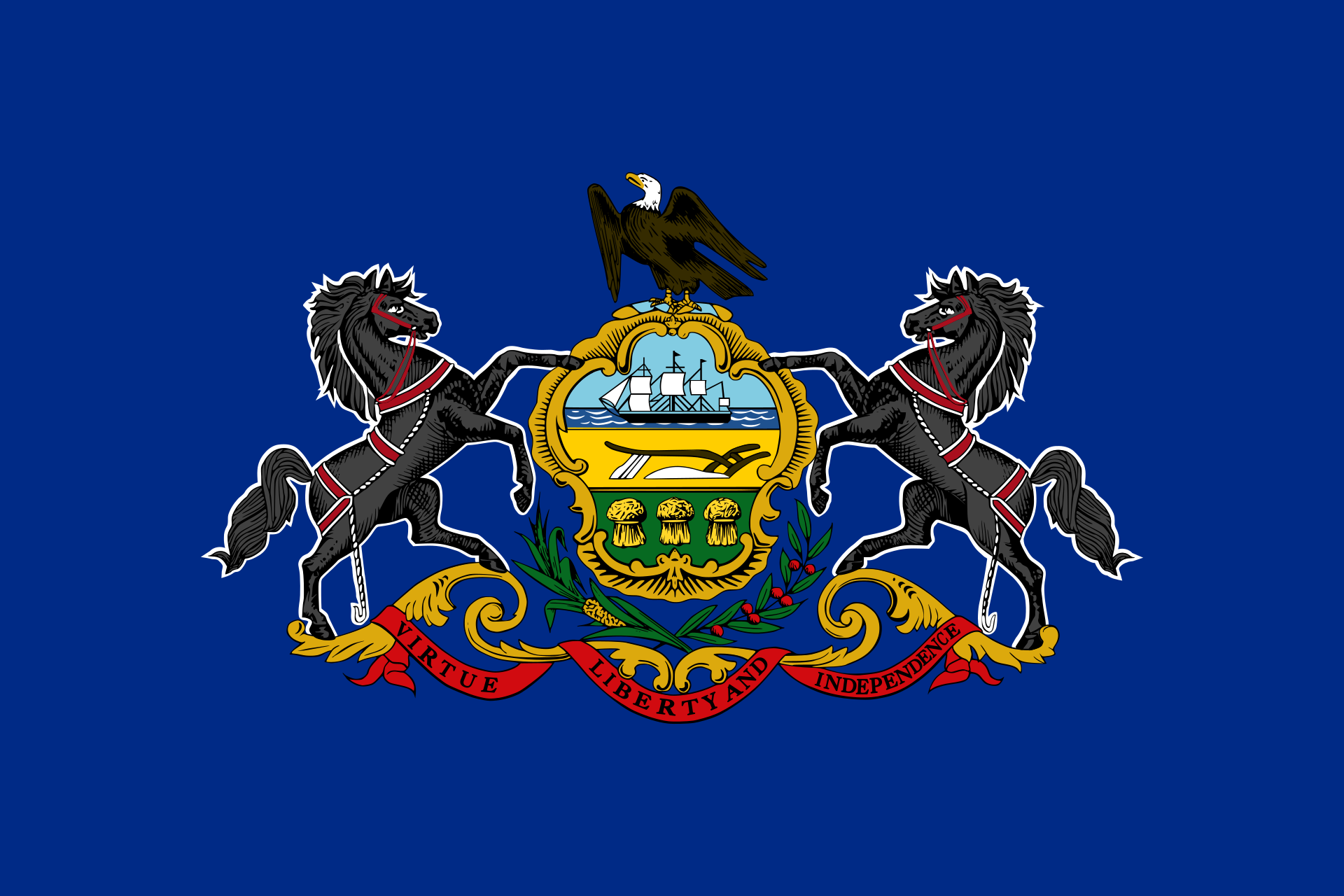 Pennsylvania-PA
Pennsylvania-PA

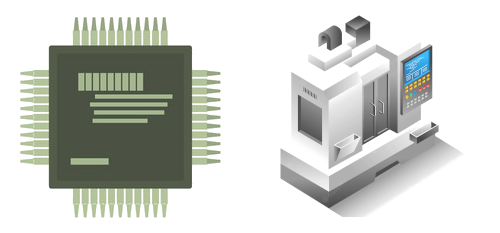 IT-Times
IT-Times
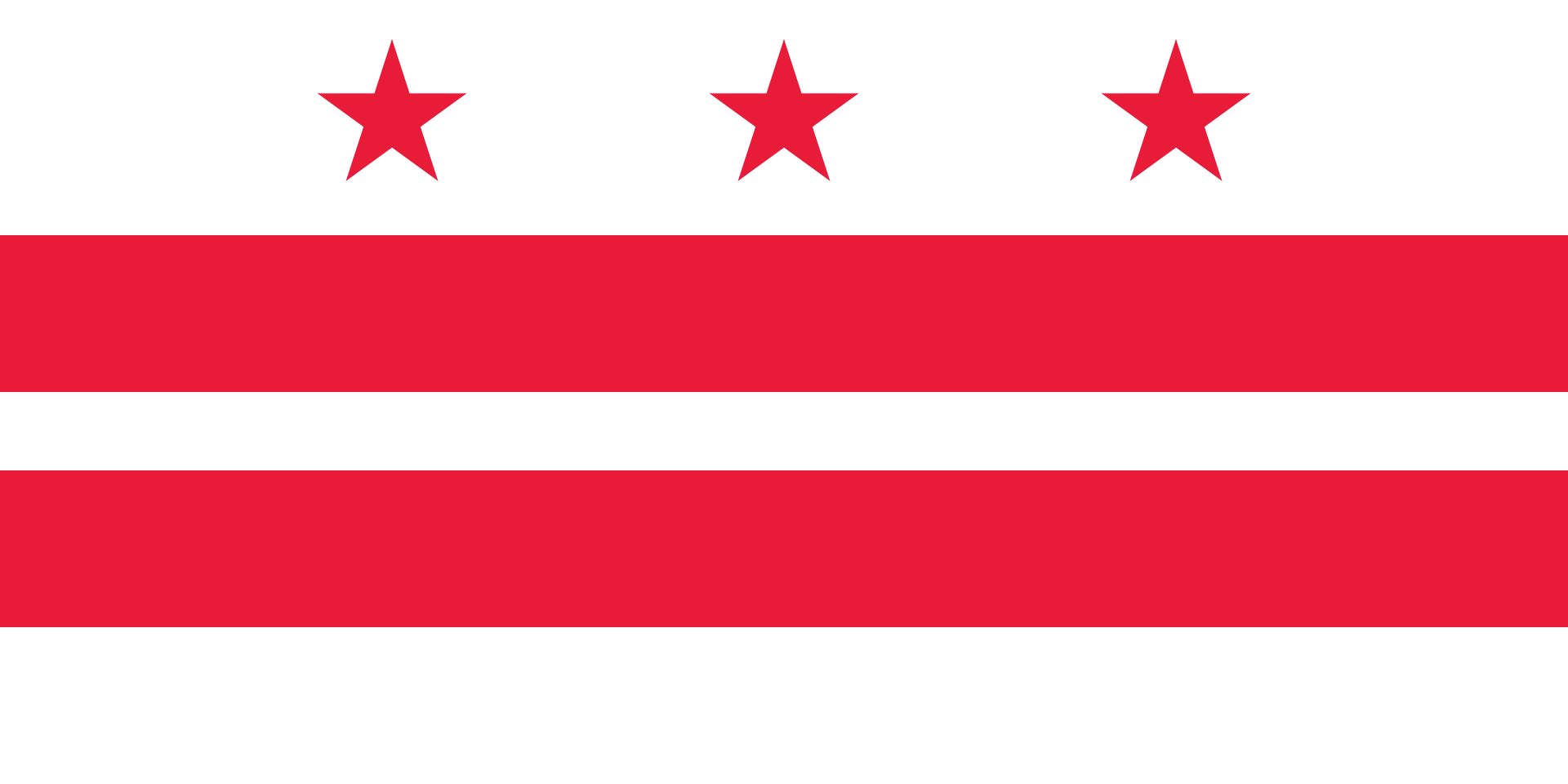 Washington, D.C.
Washington, D.C.
 Medical, Pharmaceutical, Rehabilitation
Medical, Pharmaceutical, Rehabilitation
 Ile-de-France
Ile-de-France